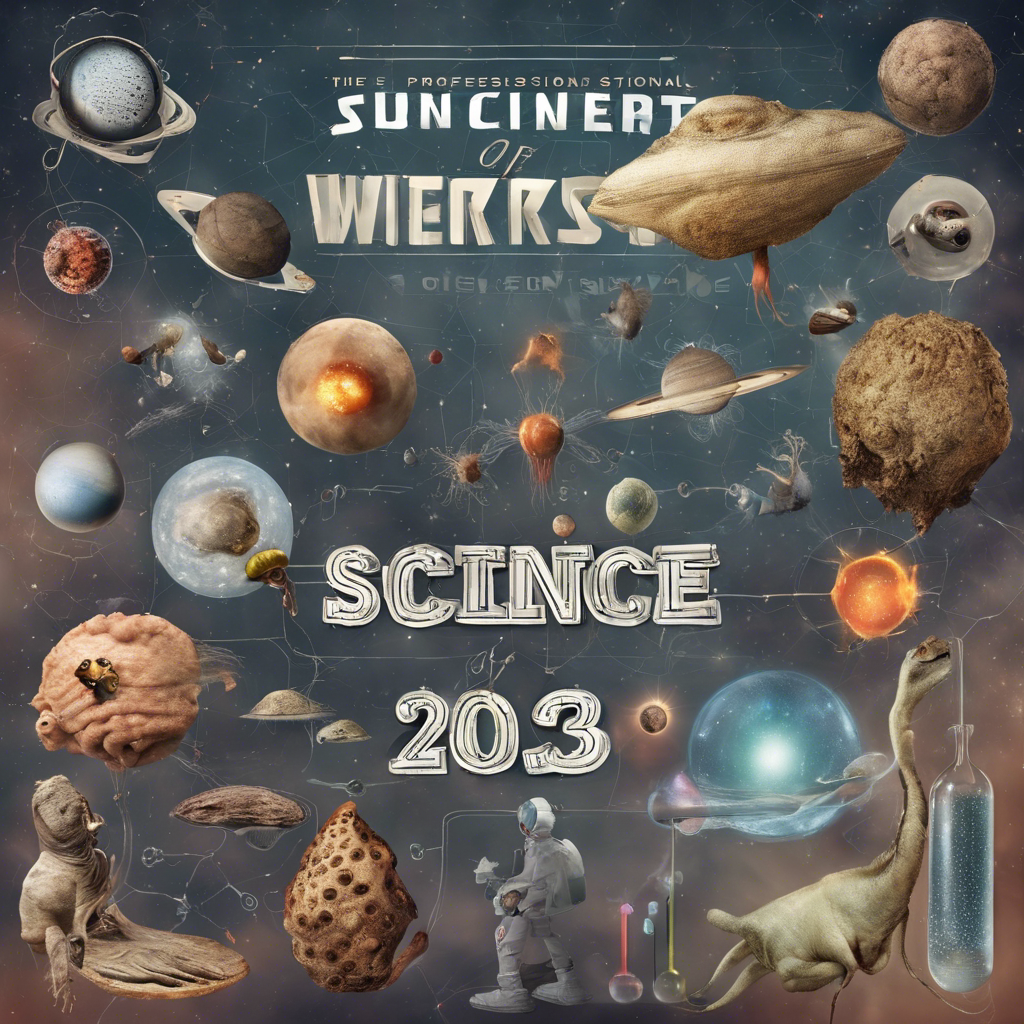Determined: The Illusion of Free Will and the Debate Surrounding Moral Responsibility

Neurobiologist Robert Sapolsky’s latest book challenges the notion of free will, sparking a debate among philosophers and scientists.
The concept of free will has long fascinated philosophers and scientists alike. Are our choices truly our own, or are they predetermined by factors beyond our control? Neurobiologist Robert Sapolsky’s latest book, Determined: A Science of Life Without Free Will, has ignited a fierce debate by arguing that science supports the idea that free will is an illusion. Sapolsky contends that our behaviors are causally determined by a complex web of environmental, genetic, and cultural factors, leaving us with no true agency. This radical perspective challenges the traditional notions of moral responsibility and raises important questions about the nature of human decision-making.
Is determinism incompatible with free will?
The compatibility of determinism and free will is a central point of contention in the debate sparked by Sapolsky’s book. Determinism posits that our actions are determined by a chain of causality, much like the falling of a rock due to gravity. According to Sapolsky, this deterministic view extends to our neural processes, which are influenced by our environment, genetics, upbringing, and other external factors. In this view, our choices are not truly free but rather the inevitable result of these determinants.
However, critics argue that the absence of alternatives does not necessarily negate free will. They point to scenarios where individuals lack certain choices but still exercise their agency. For example, if someone locks a reader’s door while they are engrossed in an article, preventing them from leaving, their decision to stay and continue reading is still considered free, despite the lack of alternative options. This challenges the notion that the presence of alternatives is the sole determinant of free will.
Compatibilists and the agency of moral responsibility
The debate surrounding free will also delves into the realm of moral responsibility. Sapolsky claims that if our behaviors are determined, then no one can be held morally responsible for their actions. While he acknowledges the need to lock up murderers for the safety of others, he argues that they do not truly deserve punishment as they are not morally responsible for their actions.
Compatibilists, on the other hand, contend that humans are agents who possess a certain type of freedom and are responsible for their actions, even in a deterministic world. They argue that the presence of determinism does not equate to being constrained like a rope tying someone to a chair. Failing to save a drowning child due to being tied up is seen as an excuse, while failing to save them because of a lack of care is cause for condemnation. Compatibilists emphasize that the source of the decision, rather than the presence of alternatives, determines moral responsibility.
Incompatibilists and the challenge to compatibilist arguments
Incompatibilists challenge the compatibilist perspective by arguing that even decisions made without alternatives are still determined by influences beyond an individual’s control. They assert that true free will requires the absence of determinism and the ability to make choices unaffected by external factors. However, compatibilists argue that this assumption is flawed, as it presupposes that having alternatives or being “undetermined” is the only way to possess free will. They maintain that as long as the decision originates from the individual, even if influenced by external factors, it can still be considered an exercise of free will.
The metaphysical and normative dimensions of free will
The debate surrounding free will extends beyond the scientific realm, encompassing metaphysical and normative considerations. While science plays a role in understanding the determinants of human behavior, defining free will and its relationship to moral responsibility requires philosophical inquiry. Philosophers have been grappling with these questions for centuries, and interdisciplinary work between scientists and philosophers is crucial to shed light on this complex issue.
Critics of Sapolsky argue that his arguments lack engagement with existing philosophical perspectives and instead rely on a narrow definition of free will. They emphasize the importance of understanding and engaging with all positions to arrive at a comprehensive understanding of moral responsibility.
Conclusion:
The debate surrounding free will and determinism is far from settled. Sapolsky’s book has sparked a fierce discussion among philosophers and scientists, challenging traditional notions of agency and moral responsibility. While determinism suggests that our actions are determined by a multitude of factors beyond our control, compatibilists argue that we still possess a certain type of freedom and are responsible for our actions. The complexity of the issue necessitates interdisciplinary dialogue and a nuanced understanding of the metaphysical and normative dimensions of free will. As the debate continues, it is clear that the illusion of free will is a topic that will captivate and challenge us for years to come.





